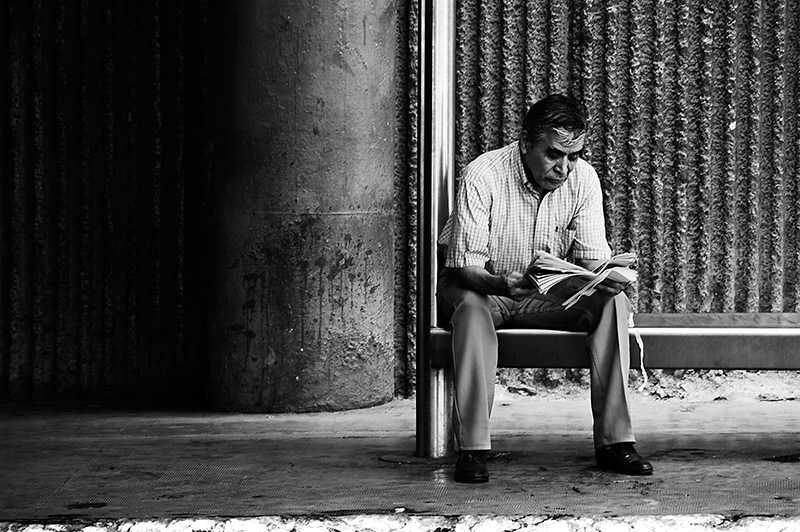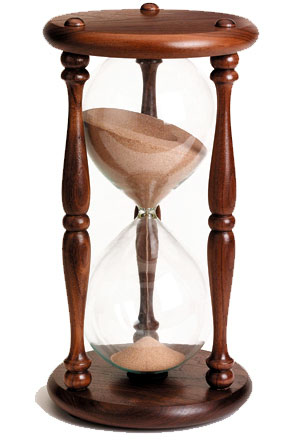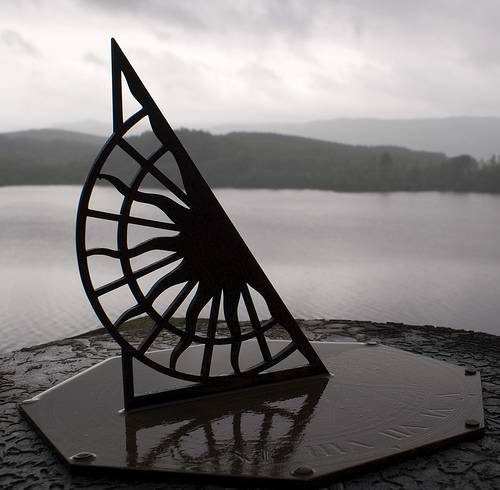A man is at a bus stop. What is he doing? In New York City, he's probably waiting for a late bus. In rural Latin America, he's probably being there for a coming bus.
You are invited to dinner. When should you arrive? In one culture, your hosts would call the meal at 7:30. In another, you might only be told "this evening." If you arrive on time, you would either be behaving appropriately or severely insulting your hosts, depending on the culture (Robinson 25).
"What time is it?" Is it "6:21 pm," "6:30," or "evening?"
The way people interact with time - and by extension, with clocks - differs tremendously across cultures. Some live their lives by the clock, noting its reading to the nearest minute; others have looser, broader, more flexible conceptions of time, in which "this evening" is perfectly sufficient as an event time. There are, of course, intermediate positions. For example, one family hosts an informal gathering that they call an Ish - guests should arrive at, for example, "7-ish."
Even this sort of variety in time specificity is dependent on a more basic concept - the direction of time. In early civilizations, time was frequently considered circular. Life was based around cycles - the sun's daily cycle, the moon's monthly cycle, the season's yearly cycle. One year from this harvest, there would be another harvest essentially the same as this one. Contrasting with this notion is the idea of linear time, perhaps a Judeo-Christian concept. Both Judaism and Christianity refer to the eventual coming of the messiah, an "end of days" of sorts, a goal to which believers should work. A circular conception of time is incompatible with an "end of days," since circles have no end. This view, then, must take time to be linear and finite, but of indeterminate length (Robinson 28).
"But this project is about clocks, not time," I hear you say. Well, dear reader, these two are really inseparable. Increasing technology allows for the creation of clocks that give a more specific and/or accurate depiction of time, but without a changing social concept of time, there would be no need or desire for more advanced clocks. The opposite is also true: social concepts of time may change, but without the technology to create more advanced time keeping devices, the changing time will have no way to be conveyed to the people.
Clocks and time evolve together, each influencing the other.
Sometimes one may lag behind the other. Technology, for instance, did not always cause immediate social changes (Robinson 27). The sundial, hourglass, water clock, and timing candle are all different clock technologies, but none of them are calibrated to a standard time, only a standard duration. And if it rained on a sundial, rendering it inoperable, it didn't really matter - knowing the time was not necessary.
The Clock main page: Nathan's Thing / Time as Social Concept / Clock as Social Object / (Im)Precision in Time / Yesterday and Tomorrow / To Catch a Train / Experiencing the Clock



